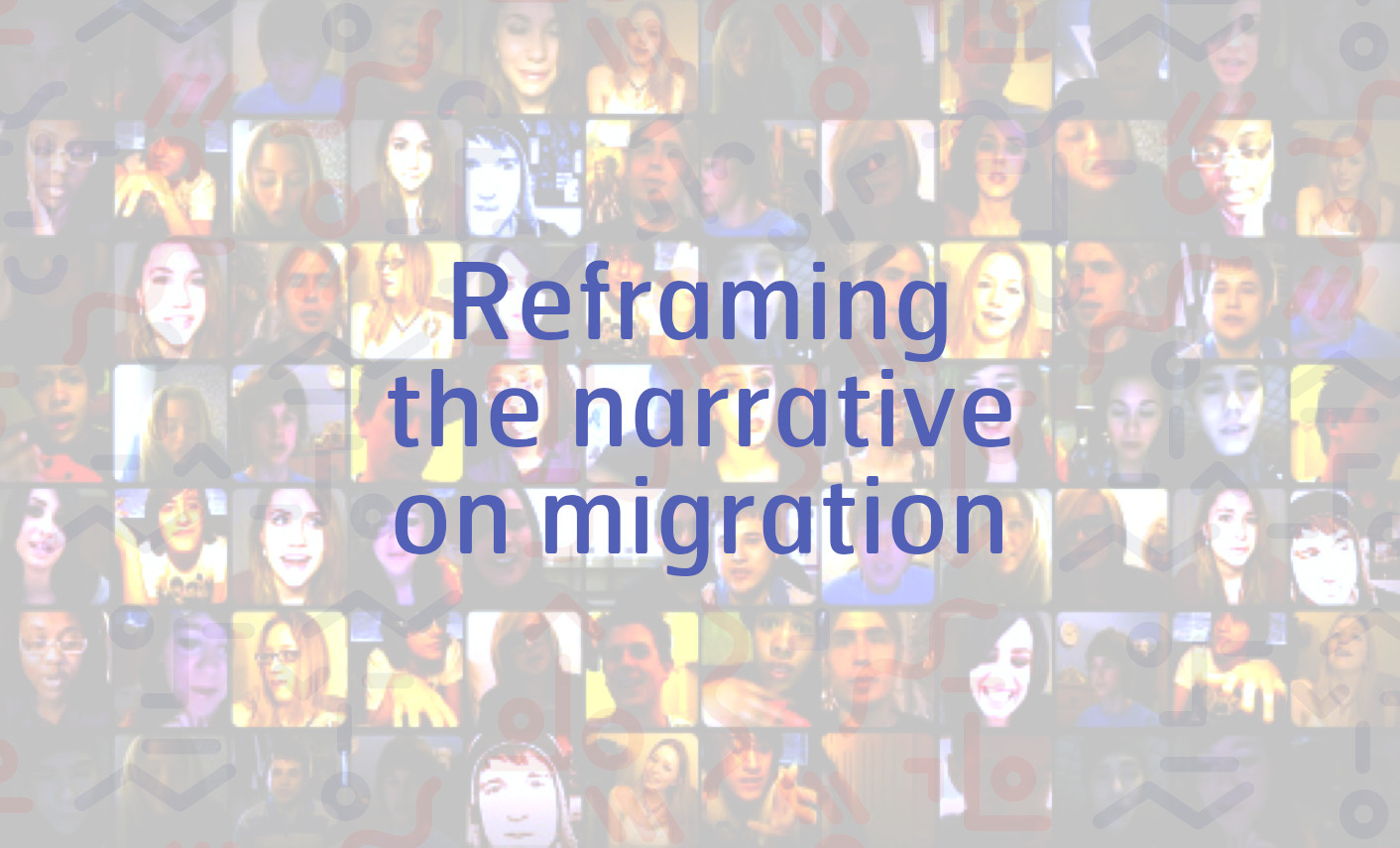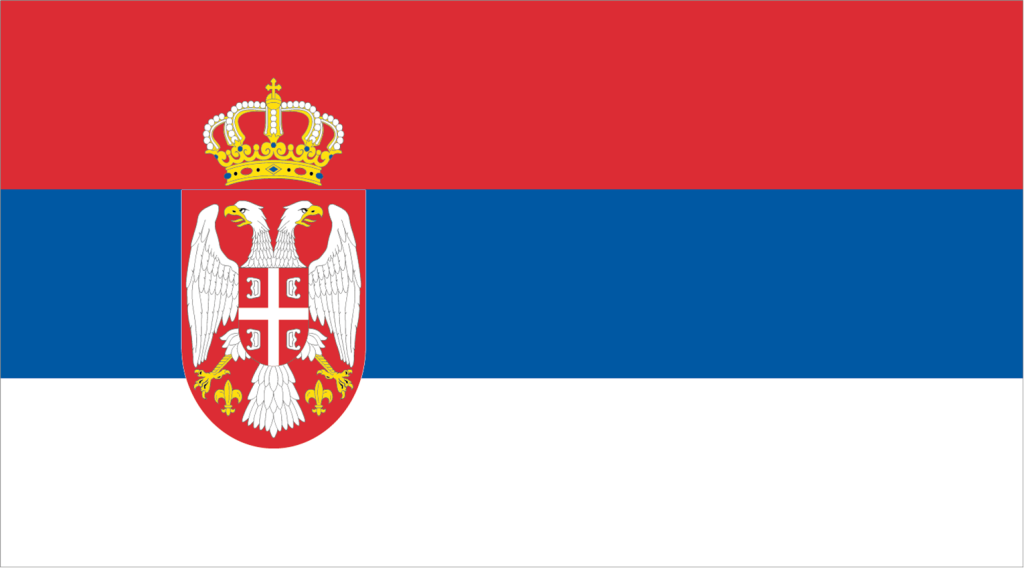Available languages
Mr. Davide Tosco, Creative producer of radio, television and on-line productions has designed audience engagement models, multiplatform awareness and information campaigns for international and European institutions, public bodies and broadcasters.
Towards more meaningful and participative communication processes, beyond stereotypes
Migration is a highly sensitive and controversial issue in the public debate. The media have a profound responsibility for how this topic is publicly perceived. It is commonly agreed that they have increasingly generated biased narratives and misleading portrayals of migrants,fostering a sense of unease and fear. Polarized positions incentivized by traditional media are often replicated and transformed in even more radical ways within the digital and social media landscape, contributing to an increasingly black-and-white discourse. The urge to invert the mainstream image is of paramount importance to preserve social cohesion and enhance the wellbeing of all citizens, natives and newcomers alike.
Devising new forms of representation is a challenge that few dare to take on
Identifying key challenges hindering the creation of accurate, truthful and potentially entertaining migration stories is a starting point to shape narratives that are balanced, fact-based and emotionally moving. It is a complex and time-consuming process, often undermined by limited resources available for research and development within the specific domain of media production. The editorial space dedicated to innovative communication models is extremely scarce when the narrative subjects are migrants. Thus scarcity often results in information campaigns that tend to reiterate stereotypes by relegating the image of migrants to the world of folklore or, worse, to the loss of cultural identity in their struggle to conform to ‘us’. In other cases, organizations tasked with raising public awareness on the matter sometimes focus more on securing visibility for their own activities. The stories of migrants portrayed as vulnerable and passive victims, fleeing poverty and violence in need of compassion, or as heroes – highlighting their exceptional talent – can be equally disruptive and act against the idea of a ‘normalization’ of migration, against the sense of a community that is ‘naturally’ diverse. Academic analysis of migrants’ representation in the media is vast but still substantially unable to influence the political discourse, let alone the media arena. Scholars tend to miss reaching out to editorial boardrooms or developing communication strategies that can drive much-needed cultural transformation. More often, their contribution focuses on advising already sensitized institutions engaged in this field. Targeting close circuits of followers does not generate an impact on the broader public and yet, continues to be a practice in many awareness-rising initiatives.
Top-down professional campaigns vs bottom-up and user-generated crusades
Top-down campaigns funded by public bodies and institutions struggle to captivate audiences because perceived less trustworthy, as they often display, unwittingly, different forms of paternalistic messages. Soliciting a greater sentiment of authenticity through peer-to-peer messages and different forms of User Generated Content (UGC) has the potential to stimulate dialogue and other forms of engagement. First-hand accounts are able to present people’s perspectives in a more direct way, encouraging the viewer to be ‘drawn closer’ and feel emotionally engaged in the story. Bottom-up and more participatory approaches, contemplating direct involvement of the public, although having a hard time surfacing in the broad and over-saturated online world, can receive more attention if they manage to create a “digital aerodynamic”. Due to the informal approach, very suitable in social media environments, the use of co-created narratives allows audiences to express their real concerns and feelings about migrants.
First-hand accounts have the quality of being perceived as less mediated, particularly in a social media environment, outside the rigid grids of journalistic reports. These kinds of narratives can present human perspectives in a more direct way because of the genuine appeal and the greater sense of proximity these stories can spawn. Empathy and accessibility are enkindled more easily because tend to be straightforward and personal, encouraging the viewer to be ‘drawn closer’ and feel emotionally engaged in the story. Participation in the creation of narratives needs to be properly managed, as it will generate both positive and negative reactions. Nevertheless, it is more likely that the audiences will be ‘moved’ in their perceptions if taking an active role in the content’s development.
The co-creation process of the E-MINDFUL project
These forms of story creation are not easy and require the capacity of listening – a rare quality amongst communicators – as well as a fair amount of research and development to accompany the generation of original narratives able to deconstruct prejudice. Successful models of social campaigning have a couple of determining drivers in common: the creative strength to conceive simple and relevant messages and the ability to develop effective dissemination strategies to engage audiences with the focused intent of positively modifying their perception. Aware of these challenges, the E-MINDFUL project acts as a learning tool, pooling a wide range of experiences.
The National Creative Groups of the countries involved will be responsible for conceiving prototypes of information campaigns about migrants. The wish is that they are brave enough to explore new paradigms that can help shaping messages that resonate in an increasingly crowded and often hostile media environment.





